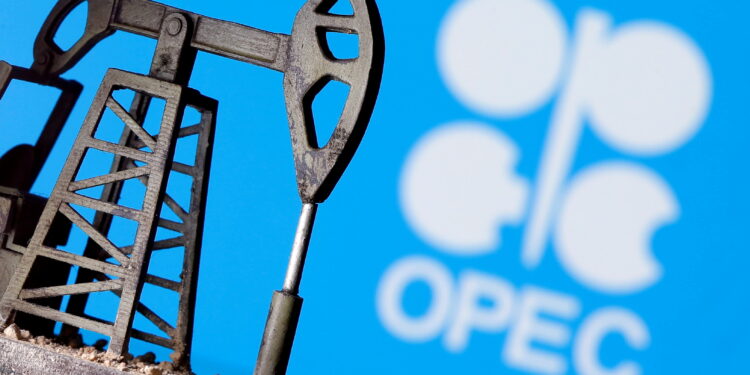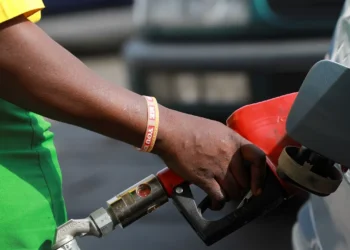Oil prices experienced a dip on Monday, with the Brent benchmark hovering close to $80 a barrel, setting the stage for a pivotal OPEC+ meeting later in the week. Investors are anxiously awaiting the outcome, anticipating potential supply curbs extending into 2024.
As of 1447 GMT, Brent crude futures showed a decline of 35 cents, or 0.4%, at $80.23 a barrel, while U.S. West Texas Intermediate (WTI) crude futures saw a loss of 29 cents, or 0.4%, at $75.25.
The drop in prices follows a $1 reduction in early trading, reflecting the fifth consecutive weekly decline for both contracts. Last week’s tumble was prompted by OPEC+ postponing a ministerial meeting, scheduled for Nov. 30, to resolve differences on production targets for African producers.
Sources indicate that the OPEC+ group, led by de facto leader Saudi Arabia, is moving closer to a compromise, though negotiations are ongoing ahead of Thursday’s oil policy meeting.
ING analysts note prevailing negative market sentiment due to the ongoing dispute within OPEC+ over production quotas. Despite this, the expectation is for Saudi Arabia to extend its additional voluntary cut of 1 million barrels per day (bpd) into next year, with Russia likely to follow suit.
Goldman Sachs analysts report that estimated exports by OPEC countries have declined to 1.3 million bpd below April levels, in line with the group’s supply targets. The bank anticipates an extension of Saudi and Russia’s cuts through at least the first quarter of 2024.
However, the United Arab Emirates is gearing up to increase exports of Murban crude early next year, potentially adding to the supply dynamics.
In the United States, concerns about higher crude stockpiles may further contribute to downward pressure on prices. Iraq is also working towards resuming northern crude exports via Turkey, with talks scheduled for early December.
The International Energy Agency (IEA) forecasts a slight surplus in global oil markets in 2024, even if OPEC+ extends its cuts into next year. Commonwealth Bank analyst Vivek Dhar emphasizes the need for significant supply discipline from OPEC+ to allay concerns of a potential deep surplus in oil markets in 2024.
Oil prices have also found stability following a de-escalation of geopolitical tensions in the Middle East, marked by a ceasefire in Gaza and an exchange of hostages. The market continues to closely monitor developments leading up to the crucial OPEC+ meeting as it unfolds later in the week.











